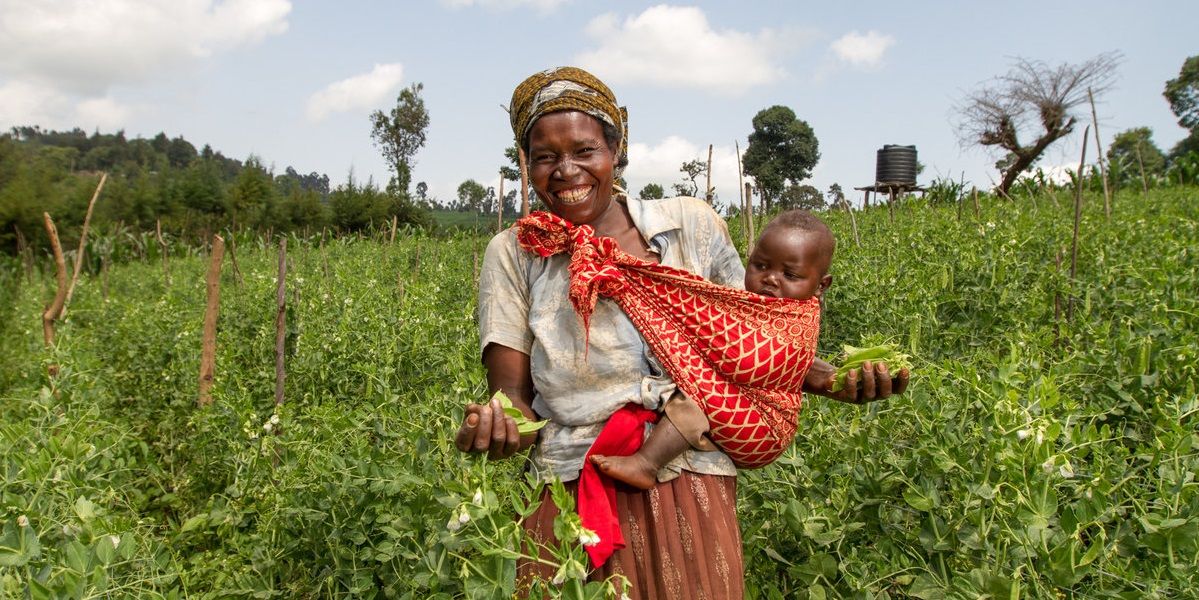Strengthening Financial Inclusion in the Rest of Southern Africa

Broadening financial services seemed like a herculean task for banks until the spread of Fintechs began in Africa. Fintechs have created the needed motivation for banks to expand and simplify service delivery, strengthening the degree of financial inclusion in Africa.
Greater access to formal financial services for people in emerging markets – access to savings, loans, insurance and payments – will serve as a catalyst for real sector development. For Sihle Botha, a farmer living in the remote village of Maunga in the West Province of Zimbabwe, access to finance seemed almost impossible. Botha is part of the informal economy that makes up most of Africa’s growing population. For the 43-year-old farmer, owning a bank account or requesting for financial services was strenuous and will require time and resource that were unavailable.
While South Africa’s degree of financial inclusion has progressed increasingly in recent years, the same cannot be said about their Southern African peers. Just like Botha, a good number of Southern Africans have struggled to attain the level of financial inclusion they desire.
The underserved story in Africa continues in the rest of Southern Africa. People still struggle to have a bank account, access basic financial services, take out loans and save for a business. These reasons are underpinned to reasons including lack of easy access to a local bank branch, a lack of trust, and the excessive cost of financial services.
It has been encouraging to see many innovative financial processes available to ease financial inclusion among Southern African states. Fintechs offers the rest of Southern Africa a way out, a way that includes even the very poor in the region.
The Rest of Southern Africa
For this piece, the rest of Southern Africa will comprise of Lesotho, Botswana, Zimbabwe, Namibia and Mozambique. For the rest of Southern Africa, access to credit can help improve access to the region’s extractive sector and increase agricultural output. The resulting increases in income can allow households to smooth consumption and make investments in education which can help break the poverty cycle.
Proximity had posed a challenge for financial inclusion, but as Fintechs keep offering limitless access to banking services, the issue of proximity is fading away. For the rest of Southern Africa, the issue is now tilted towards lack of infrastructure and relevant regulation needed to drive digital adoption in the countries.
The Botswana Financial Inclusion Roadmap and Strategy Report 2015 – 2021 outlined that certain groups are more financially excluded than others. These included women, rural poor, other remote or hard-to reach populations, as well as informal micro and small businesses. In Lesotho, 19% of their adult population are still not financially served.
Mozambique’s increasing and dominant informal sector calls for massive reform in the level of financial inclusion. Although the country has been able to increase the financial inclusion of its population substantially due to the digitalization of banking services and financial platforms by telecommunications companies such as M-Pesa, there is still more to be done in other to cater for the growing informal sector.
At 78% financial inclusion rate, Namibia still has 22% of its population to cater for. According to the IMF, deteriorating global conditions could adversely impact the country’s effort. This is something the country must watch out for.
Better Financial inclusion Process
Financial inclusion requires users to have access to financial services that meet the user’s needs. There is also the key issue of whether a financial service is actually valuable to its users, which is very often a function of the regulatory framework within the economy. The slow pace of development in the low-income market segments in the rest of Southern Africa has contributed to a national concern. The lack of knowledge about the low-income market amongst the rest of Southern Africa states has contributed to the poor financial inclusion. Since banks and governments have appeared unconcerned about the market irregularities, the informal sector has suffered the most in these countries and account for the greater population of unbanked individuals in Southern Africa.
There are many reasons behind people’s financial exclusion in the rest of Africa. There is the notions that excluded individuals do not have enough disposable income to require these services in the first place. But that shouldn’t be our concern, financial services should be made available in rural Southern communities.
To really fix the issue of financial inclusion, governments must really look towards the most vulnerable in the society. Including them requires targeted measures and reaps great rewards for society. Just like Botha, they barely have internet access and live very far from banks. Bringing financial services to the vulnerable in the rest of Southern Africa requires building digital infrastructures capable of disrupting processes and changing cultures.
